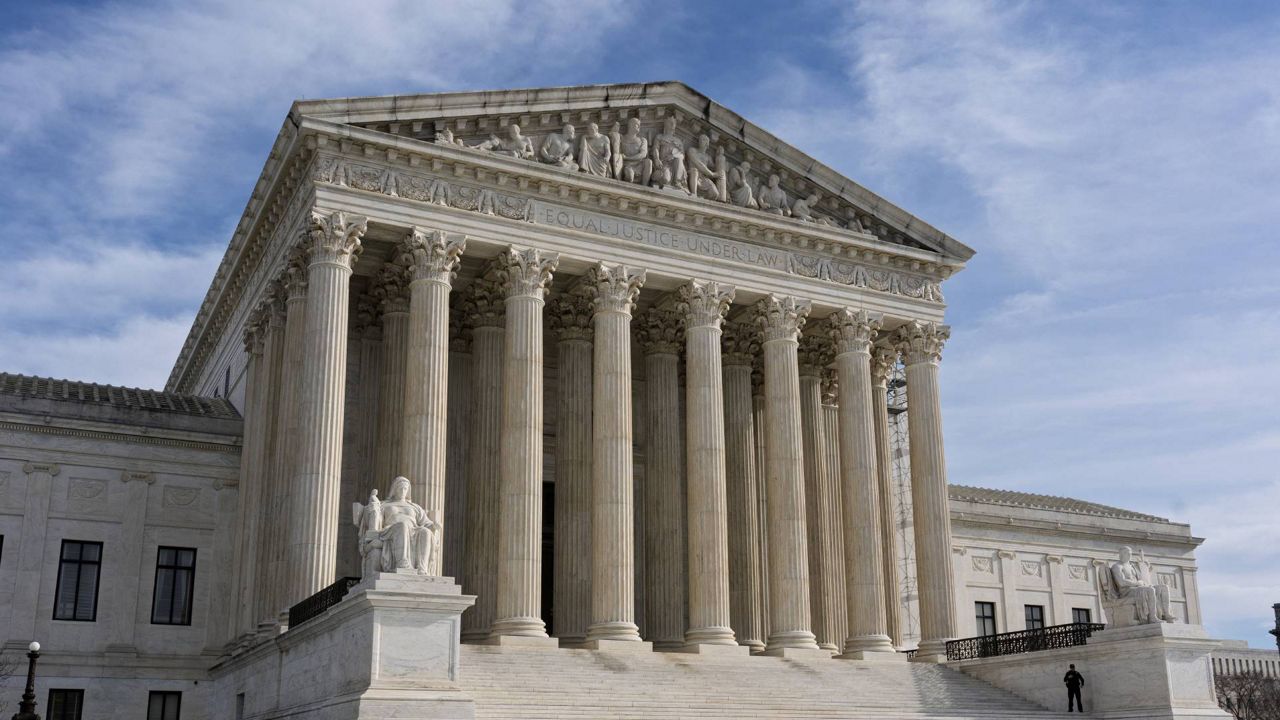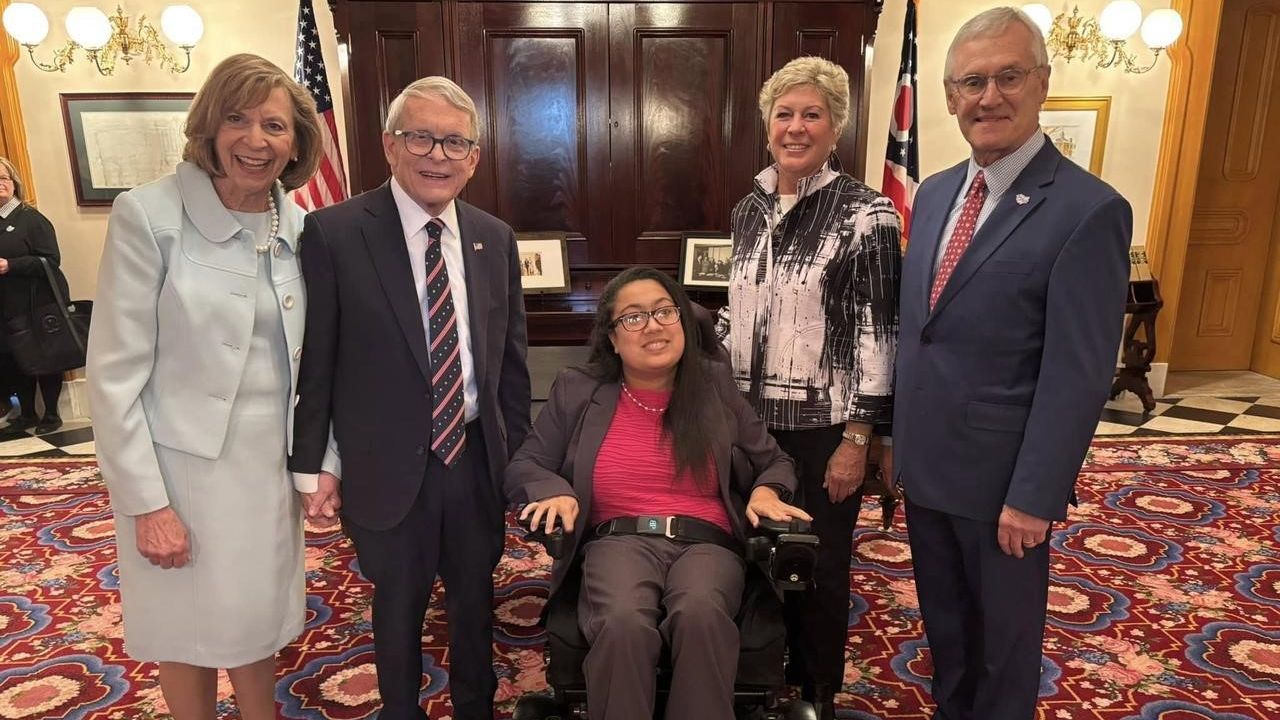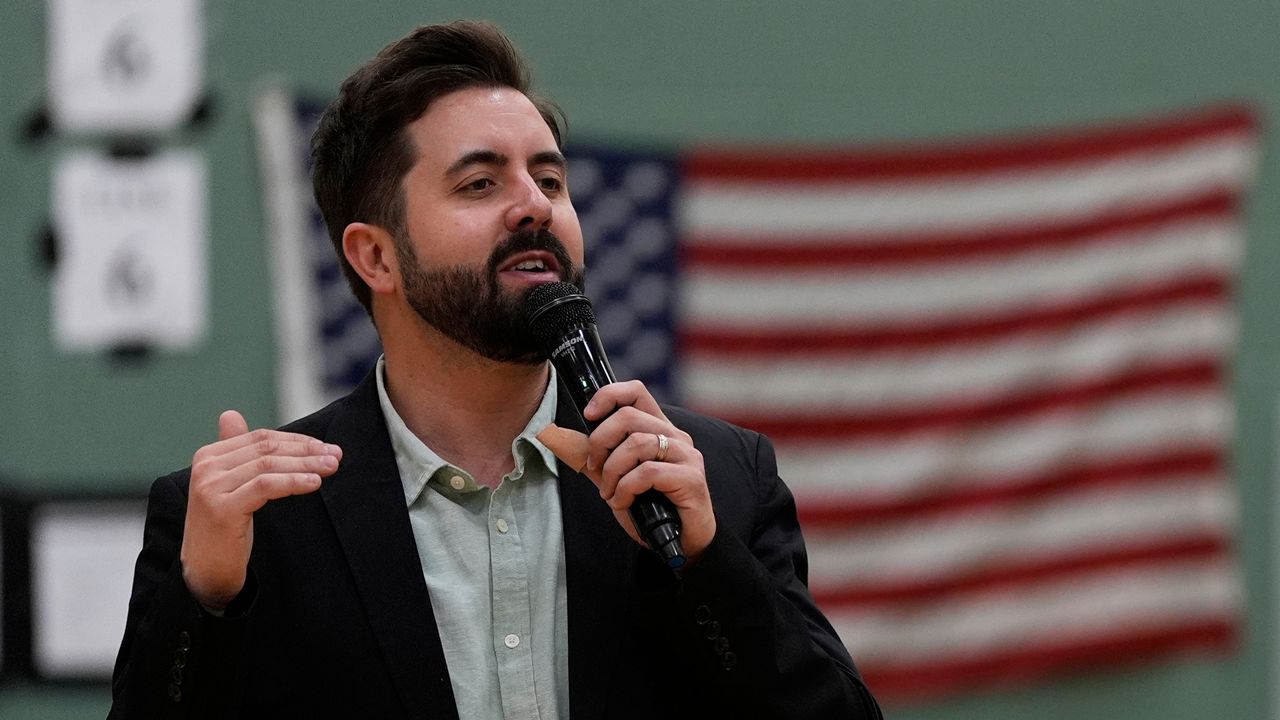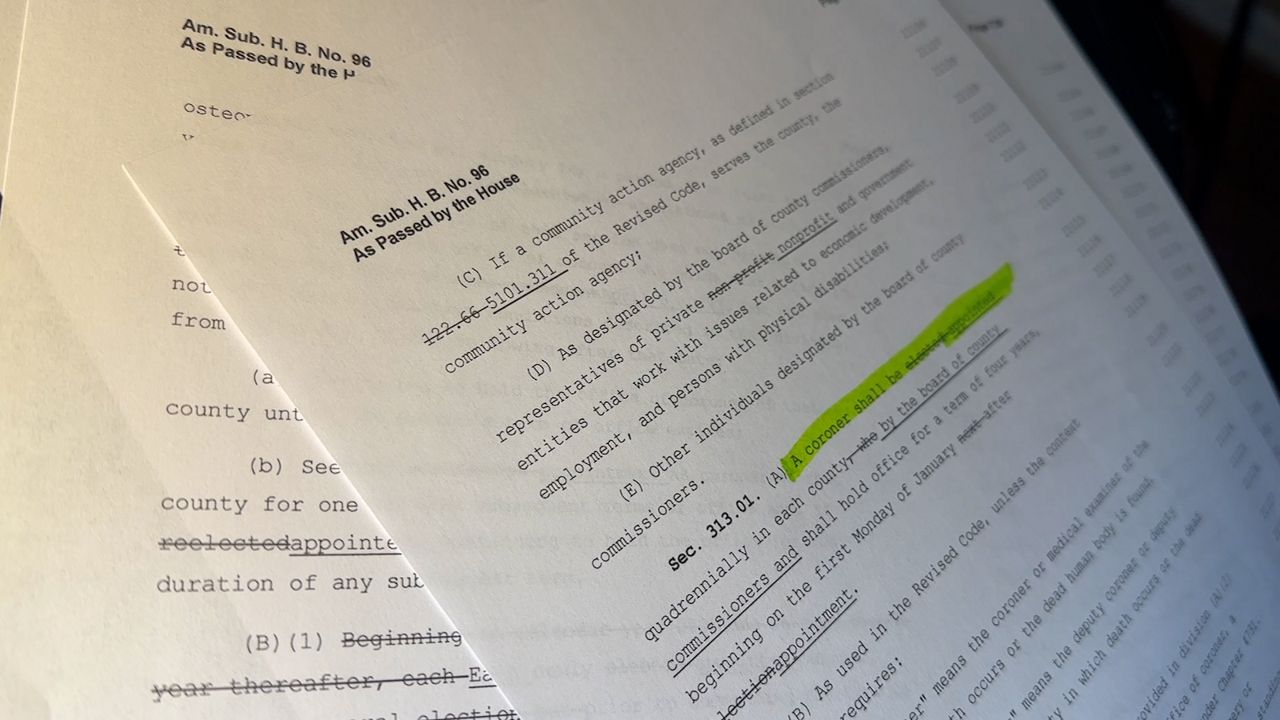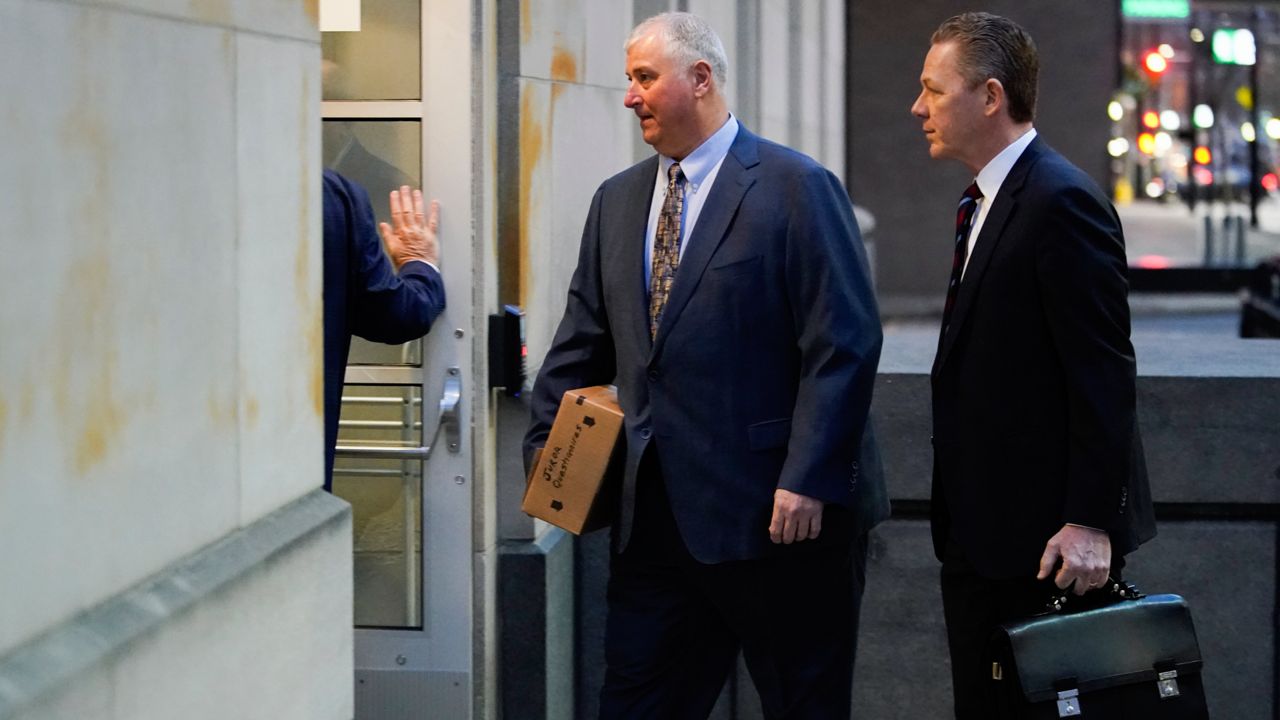OHIO — Ohio House Representatives voted to pass the budget after almost three hours in session.
Despite lawmakers passing the budget with ease, five Republicans were not on board.
Among them, former House Speaker Jason Stephens, R- Kitts Hill. He said the bill that passed still has some unanswered questions.
“This year’s budget came out about three weeks earlier than it usually does, i think that it really needed a few more, a couple more weeks of work,” Stephens said. “The funding of the brown stadium that I think had we taken a couple more weeks in the house it could have answered a lot of those questions for a lot of members.”
But House Finance Chair Brian Stewart, R-Ashville, saw things differently.
“I think we have left ourselves time to have a really substantive conference committee,” Stewart said. “Rather than just kind of being racing against the clock at the end.”
Before the House’s clock expired, Stewart made a change that would affect how much money the Browns need to contribute to the stadium.
“This amendment would increase the amount of the Browns initial deposit from $38.5 million dollars to $50 million dollars,” Stewart said. “The $50 million would then grow to roughly $250 million over the life of the bonds and this then gives an additional $100 million to apply to the bond if the revenues for the site fell short of paying the full amount.”
But Stephens said there was a concern, especially for his district, which is nearly 300 miles away from Cleveland.
“I thought the best solution would be to dedicate a stream of money that was not general fund money,” Stephens said. “Whether it be the sports betting, you know the way the governor had requested, so that people knew the taxpayers were not the ones making sure those bonds were there.”
Another member of the House who voted against the bill was State Rep. Jennifer Gross, R-West Chester.
While she praised the speaker for his leadership, Gross said taxes were why she rejected the budget.
“I am extremely proud of Speaker Huffman and our leadership for the enhancement of school choice and Medicaid transparency,” Gross said in a statement. “After Ohioans faced historic property tax increases, this budget had no guaranteed property tax reform, no income tax reduction, and, in an age of government accountability, increased government spending while giving a loan to a professional football stadium. While the budget process was thorough and impactful, this budget did not go far enough to help Ohioans and reduce their tax burden. Therefore, I voted against it. I hope the Ohio Senate can offer an option that provides true relief to Ohio taxpayers.”
Stephens also said that this budget didn’t include an income tax cut.
“Since 2013, every single budget the house passed has had an income tax cut,” Stephens said. “This is the first budget that was passed out of the House, that I know of, in 12 years that didn’t have even a modest income tax cut,”
The plan to make coroners across the state appointed instead of elected officials was another issue that Stephens found problematic.
He said he thinks this position is better to be separate from politics, and he was surprised when he saw it during the session.
“There’s not a bill introduced about it. There was no hearing, and it just was stuck in there,” Stephens said. “And I think it’s very important for the coroner, who’s the one who determines the cause of death in a county have that independence and be elected and not appointed.”
Stephens said the good news is there’s still time to influence the senators.
After that, both chambers will need to vote for one budget to send to the governor’s office to become law.
Stewart said he believes the budget was done with transparency.
“I think you’ve seen even folks who voted no on the budget. We had a really good process here,” Stewart said.





?wid=320&hei=180&$wide-bg$)

